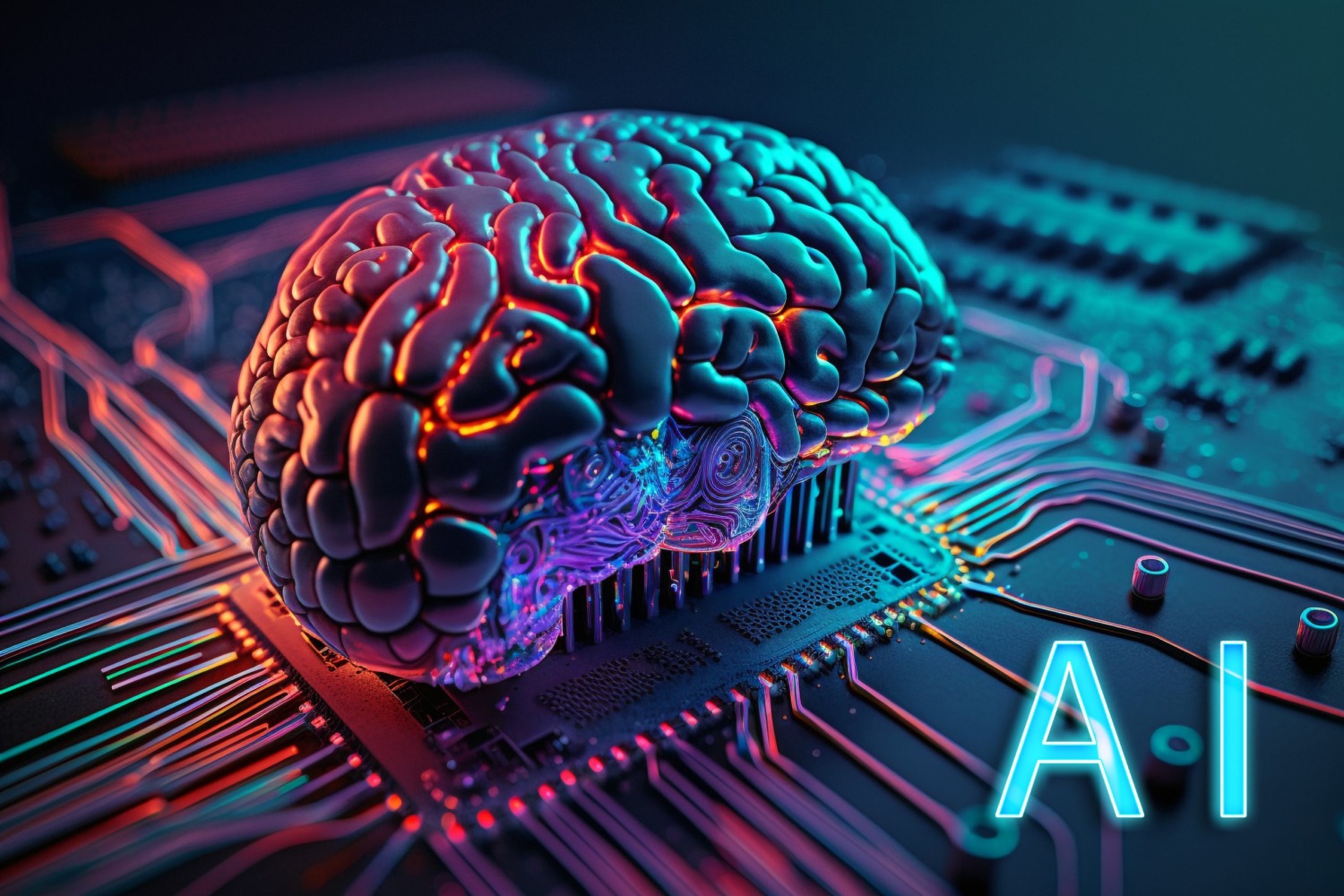Artificial Intelligence Revolutionizing Scientific Research in 2025
Artificial intelligence (AI) is rapidly transforming the landscape of science and technology, ushering in a new era of innovation, discovery, and efficiency.
From healthcare to environmental research, AI systems are being used to process massive amounts of data, solve complex problems, and accelerate scientific breakthroughs that were previously thought impossible.
As we move further into 2025, the impact of AI on scientific research continues to expand, reshaping industries and changing how we approach problem-solving on a global scale.
AI in Medical Research and Healthcare
One of the most significant applications of AI in science is medical research and healthcare.
AI algorithms can analyze medical data with unprecedented speed and accuracy, helping doctors diagnose diseases, predict patient outcomes, and develop personalized treatment plans.
For example, AI-driven systems are being used to detect cancers, neurological disorders, and cardiovascular diseases at earlier stages than ever before, significantly improving patient survival rates.
Additionally, AI is revolutionizing drug discovery by simulating chemical interactions and predicting potential drug candidates, reducing the time and cost of bringing new treatments to market.
AI for Climate Science and Environmental Monitoring
Another area where AI is making remarkable progress is climate science and environmental monitoring.
Scientists are leveraging AI to model climate change scenarios, predict extreme weather events, and track deforestation, pollution, and wildlife populations.
By processing satellite imagery, sensor data, and historical climate patterns, AI systems provide actionable insights that inform policy decisions and help mitigate environmental risks.
These AI-driven tools are crucial for tackling global challenges like global warming, biodiversity loss, and sustainable resource management.
Space Exploration and Astronomy Powered by AI
Space exploration and astronomy also benefit greatly from AI advancements.
AI algorithms analyze massive datasets collected by telescopes and space probes to detect exoplanets, identify cosmic phenomena, and predict the behavior of celestial objects.
NASA and other space agencies increasingly rely on AI to automate spacecraft navigation, optimize mission planning, and enhance the accuracy of scientific observations.
This enables scientists to explore the universe more efficiently and make discoveries that expand our understanding of the cosmos.
Laboratory Automation and Scientific Experimentation
In addition to research, AI is enhancing laboratory automation and scientific experimentation.
Robotic systems powered by AI can conduct experiments with precision and speed, allowing scientists to test hypotheses and collect data more efficiently than manual processes.
This not only accelerates the pace of research but also reduces human error and frees up scientists to focus on creative problem-solving and theoretical work.
Ethical and Societal Considerations
While the benefits of AI in science are immense, there are also ethical and societal considerations that must be addressed.
Concerns about data privacy, algorithmic bias, and the potential misuse of AI technologies highlight the importance of responsible AI development.
Ensuring transparency, accountability, and inclusivity in AI research is critical to maximizing its positive impact on science and society.
Conclusion
Artificial intelligence is revolutionizing the way science is conducted across multiple disciplines.
From healthcare and environmental research to space exploration and laboratory automation, AI enables faster, more accurate, and more efficient scientific discoveries.
As technology continues to advance, the integration of AI in science promises to unlock new frontiers of knowledge, offering solutions to some of the most pressing challenges facing humanity today.
Researchers, policymakers, and educators must work together to harness AI responsibly, ensuring that its transformative power benefits society as a whole.

